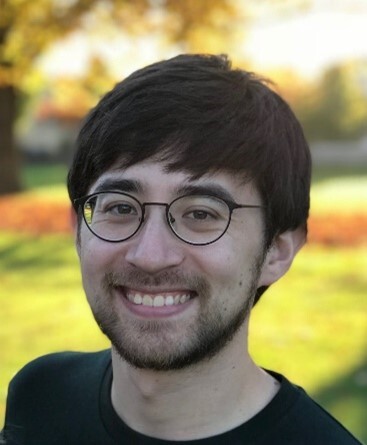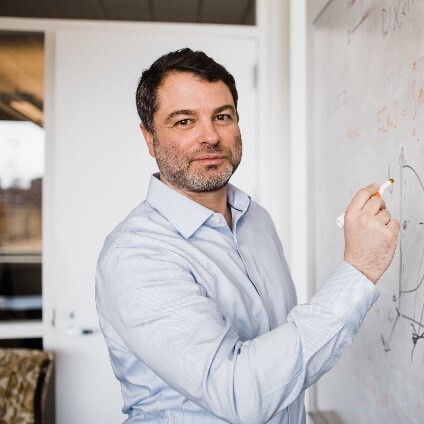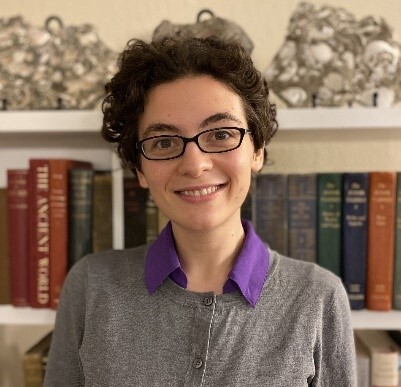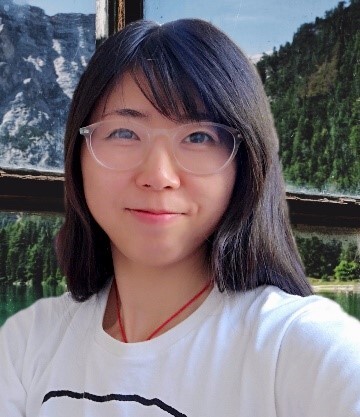
Workshop: Simulation and inference in population genetics
-
Register
- Regular Member - Free!
- Early Career Member - Free!
- Resident/Clinical Fellow Member - Free!
- Postdoctoral Fellow Member - Free!
- Graduate Student Member - Free!
- Undergraduate Student Member - Free!
- Emeritus Member - Free!
- Life Member - Free!
- Nonmember - $55
- Trainee Member - Free!
In this interactive workshop, we aim at introducing some state-of-art population genetics tools that are most useful for the general ASHG community and provide hands-on experiences for attendees to learn and understand these tools. The audience will learn population genetic simulations, global and local ancestry inference, genealogy and tree inference, advanced demographic history inference from experts on these topics. Each topic takes 20 minutes, with 10 minutes discussion in the end.
In the first half of this workshop, we will instruct how to perform forward simulations with SLiM and backward simulation with msPrime for simulating a large number of genomes (and phenotypes) under mutation, recombination, selection, and population structure. Data from realistic simulations are useful for understanding genomic patterns, benchmarking new methods, and testing hypotheses.
We will then introduce global ancestry (i.e., the proportion of a genome that comes from each population) and local ancestry (i.e., genomic segments come from each population) inference methods. Ancestry information is useful for understanding population history, identifying selection, and mapping disease loci. In the second part of this workshop, we will instruct recently developed methods for constructing whole-genome genealogies. These new methods opened up possibilities to utilize the genomic information efficiently and opportunities to understand selection and demography more accurately. We will then instruct various methods for inferring complex demographic history and best practices for a given dataset
We will collect questions the audience is interested in tackling during the workshop, and our instructors will host a short discussion at the end to discuss how these tools could be used to address their specific questions.

Leo Speidel, PhD
Sir Henry Wellcome Fellow
UCL and the Francis Crick Institute
Leo is a Sir Henry Wellcome fellow at UCL, Genetics Institute and the Francis Crick Institute interested in developing powerful statistical tools that utilise the rapidly growing numbers of genomes of modern and ancient people to reconstruct our shared genetic past. During his PhD in Simon Myers’ group at the University of Oxford, Department of Statistics, he developed a new approach, Relate, to infer genealogical trees for large sample sizes and subsequently downstream techniques that utilise these trees to study our evolutionary past.

Philipp W. Messer
Associate Professor
Department of Computational Biology, Cornell University
Philipp is a population geneticist with a broad background in computational biology. Research in his lab centers on understanding rapid evolutionary processes, with a specific interest in systems that allow us to study evolution in real-time. Philipp has contributed to a wide spectrum of topics in population and evolutionary genetics, including theoretical work on rapid adaptation by hard and soft selective sweeps, the design of methods for inference of selection from population genomic data, and the development of evolutionary simulation software.

Natalie Telis
Senior Scientist
Baryshnikova Group, Calico Labs
Natalie Telis is a statistical geneticist and computational biologist at Calico Labs focusing on inferring the shared genetic architecture of complex traits using population genetics. She holds a BS in Cell Biology and a BAa in Mathematics, and completed a PhD in Biomedical Informatics with Jonathan Pritchard, focusing on the impact of recent evolution on complex human traits.

Xinzhu (April) Wei
Assistant Professor
Department of Computational Biology, Cornell University
April is a computational biologist working on population, evolutionary, and statistical genetics. She started her lab at Cornell University in Jan 2022. Research in her group focuses on developing and applying accurate and scalable methods for understanding gene flow, selection, and genotype-phenotype relationships in humans and model organisms. Before joining Cornell, she was a postdoc at UCLA and UC Berkeley. She earned her Ph.D. in Ecology and Evolutionary Biology at the University of Michigan in 2018.